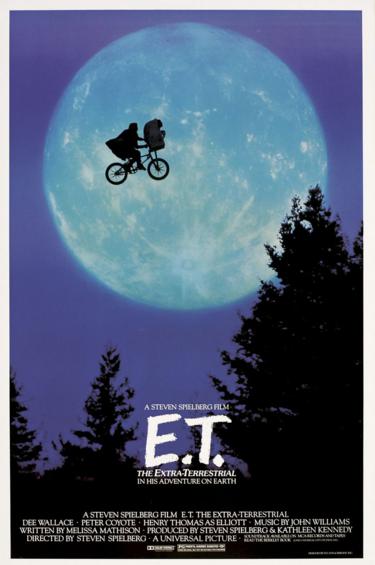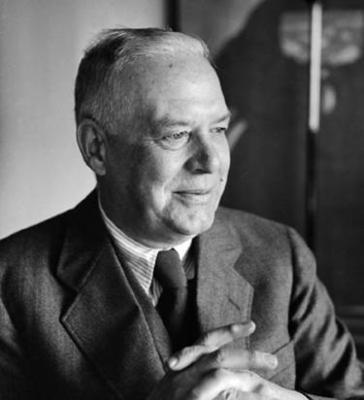Here is the latest in a series of examinations into urban legends about movies and whether they are true or false. Click here to view an archive of the movie urban legends featured so far.
MUSIC URBAN LEGEND: An interesting confluence of events had to occur on the road to “Whatever Will Be, Will Be (Que Sera, Sera)” winning an Academy Award for Best Original Song (including a title change).
Alfred Hitchcock had a problem when it came to the casting of his latest film, The Man Who Knew Too Much.
He wanted the film to star Jimmy Stewart, but Stewart’s agent told Hitchcock that Stewart would only do the film if Hitchcock agreed to take another of their clientsr, Doris Day, as the female lead (presumably to help promote Day as a dramatic actress to go with her fame as a singer and comedic actress).
Not only that, but part of the MCA deal insisted that if Day were to appear in the film and sang a song, Hitchcock would to hire her songwriters, Jay Livingston and Ray Evans, as well. And upon hearing that Day was possibly going to be in the film, Paramount Pictures insisted that yes, if she was going to be in the film, she would have to sing a song.
The character in the film WAS a singer, so Hitchcock was not all together displeased at this offer (while he was not at first pleased with the idea of hiring Day, he later was very complimentary of her acting skills), but first, he wanted to hear what kind of song Livingston and Evans were going to write. If they could nail the specific type of tune that he wanted, he would be okay with the whole deal. He specifically wanted them to write a song that sounded foreign and could be sung to a little boy.
Livingston and Evan were already very notable songwriters, at the time. I mean, the guys wrote “Silver Bells,” for crying out loud!

And they had already won two Academy Awards for Best Song, including “Mona Lisa,” which was a major hit for Nat King Cole in 1950.

So forcing them to practically audition was not an experience they had had for quite some time.
However, the duo were up to the task.
Read the rest of this entry »


























